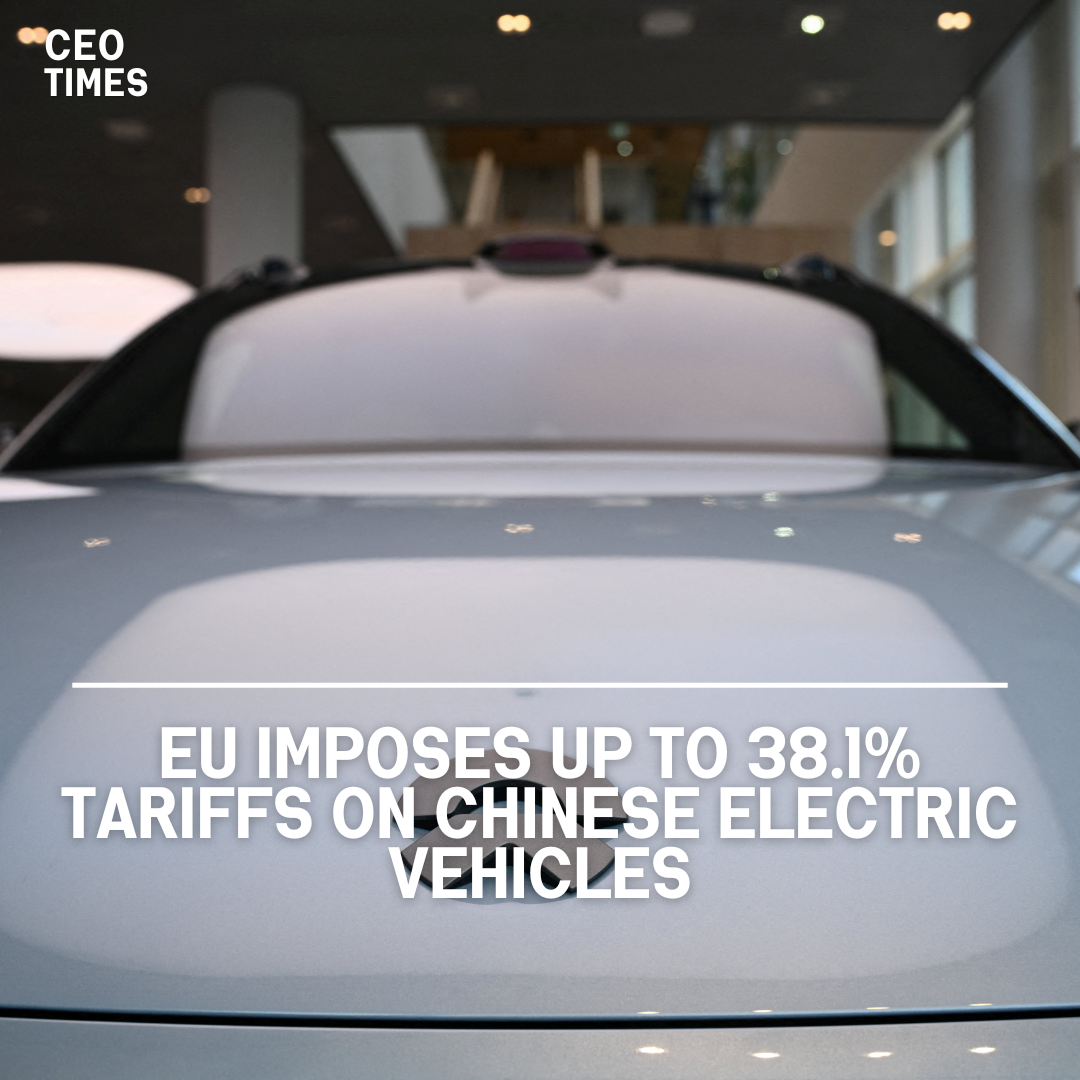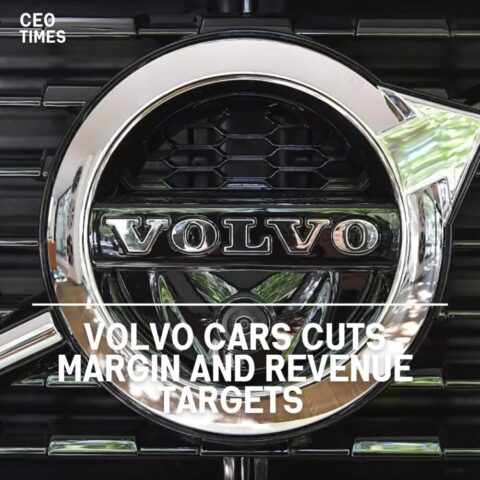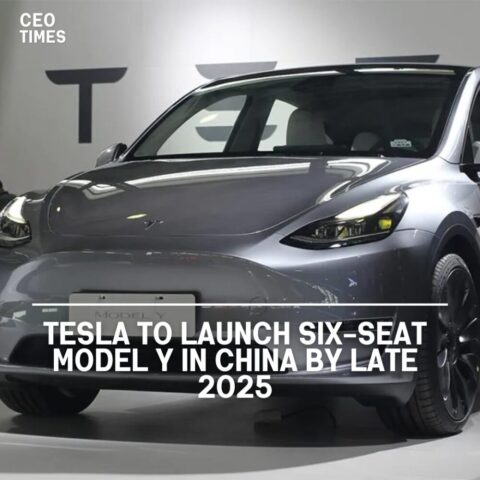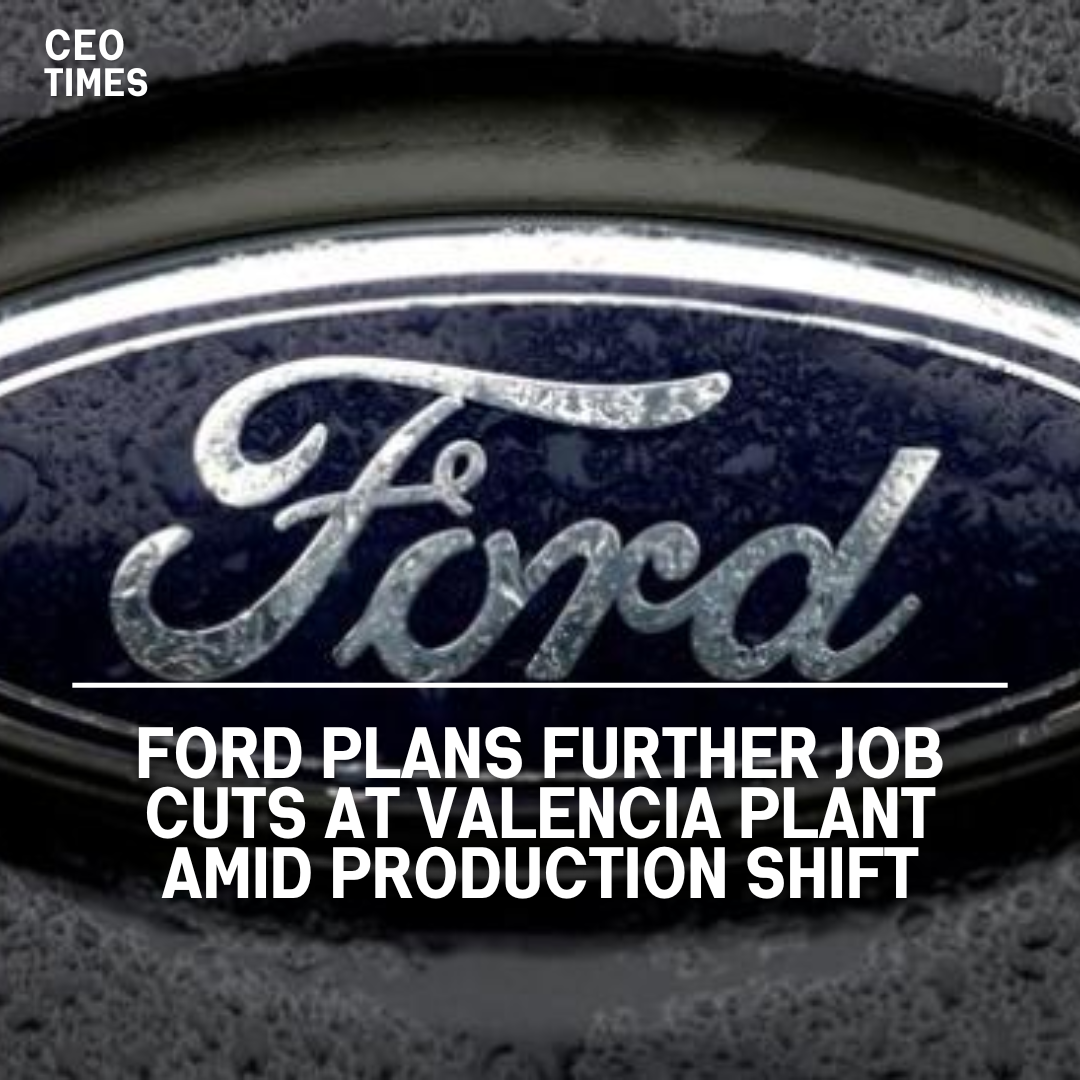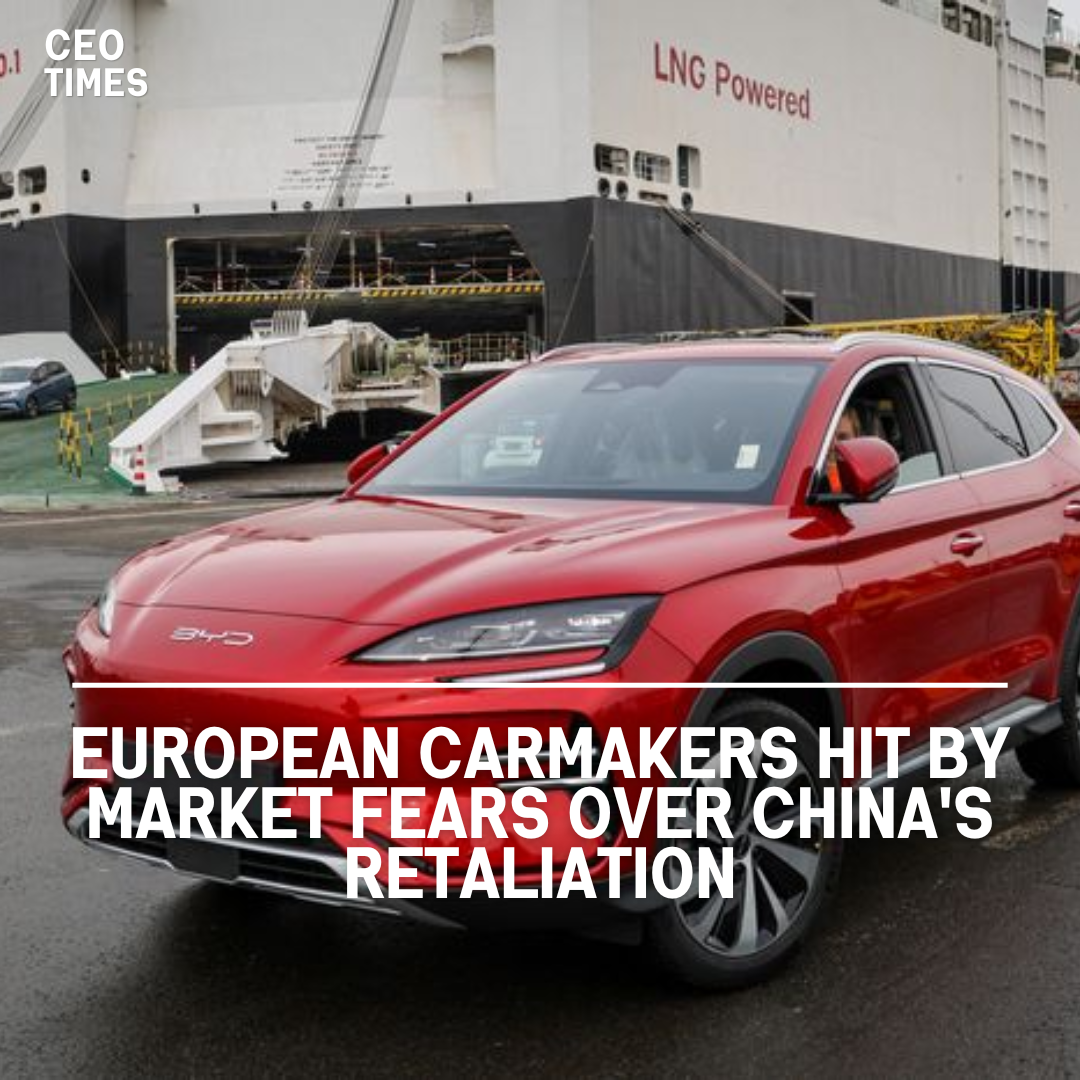The European Commission announced on Wednesday that it will impose additional duties of up to 38.1% on imported Chinese electric vehicles (EVs) starting next month. This decision is expected to provoke a potential retaliatory response from China.
Details of the Tariff Rates:
Following Washington’s recent decision to quadruple duties on Chinese EVs to 100%, Brussels will set tariffs of 17.4% for BYD, 20% for Geely, and 38.1% for SAIC.
These tariffs are being imposed in response to what the Commission described as excessive subsidies provided to these companies.
China’s Response and Measures:
In reaction to the EU’s announcement, China’s commerce ministry stated that it would closely monitor the situation and take all essential measures to safeguard the legitimate rights of Chinese companies. The ministry emphasized its commitment to protecting Chinese business interests.
Provisional duties are set to take effect by July 4, and the anti-subsidy investigation will continue until November 2. After this period, definitive duties, typically five years, could be imposed.
Cooperation and Non-Cooperation:
The European Commission differentiated between companies cooperating with the investigation and those not.
Companies deemed cooperative will face a tariff rate of 21%, while non-cooperative companies will incur a maximum rate of 38.1%. These new tariffs will be in addition to the existing 10% EU tariff on imported EVs.
Western car manufacturers such as Tesla and BMW, which export vehicles from China to Europe, are considered cooperating companies and will be subjected to the 21% tariff. This differentiation aims to balance the competitive landscape for European producers.
EU’s Justification for Tariffs:
Margaritis Schinas, a Vice President of the European Commission, stated that Chinese-built cars benefit from unfair subsidies, posing a threat to EU manufacturers. Schinas indicated that the Commission has contacted Chinese authorities to discuss these findings and seek potential resolutions.
The newly announced tariffs exceed analysts’ expectations, which ranged between 10% and 25%. This move is significant in protecting the European EV market from the influx of lower-cost Chinese competitors.
Challenges for European Automakers:
European automakers are being increasingly challenged by the arrival of cheaper EVs from Chinese rivals. The new tariffs are part of the EU’s strategy to level the playing field and protect its domestic car industry from the competitive pressures posed by these imports.
China has criticized the EU’s anti-subsidy investigation and called for cooperation. Despite lobbying individual EU countries and urging a collaborative approach, China has not fully outlined its potential retaliatory actions in response to the new tariffs.
The situation remains dynamic, with both sides closely monitoring developments and preparing for further diplomatic and economic engagements.









